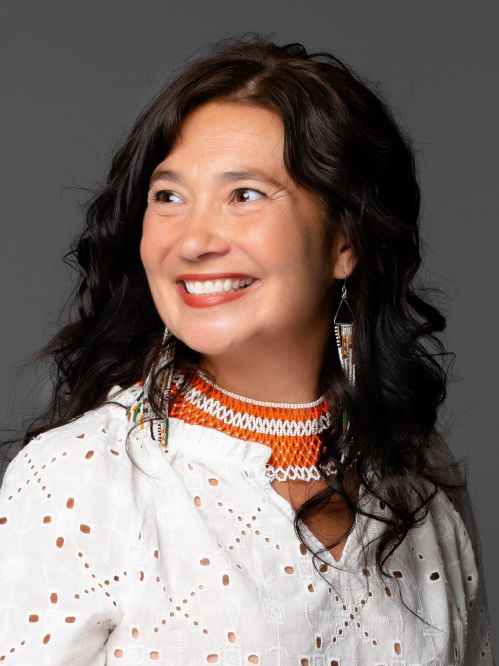
Felicia Zamora is the author of eight books of poetry including, "Murmuration Archives," "Interstitial Archaeology," "I Always Carry My Bones," winner of the 2020 Iowa Poetry Prize and the 2022 Ohioana Book Award in Poetry; "Body of Render," Benjamin Saltman Award winner; and "Of Form & Gather," Andrés Montoya Poetry Prize winner. She is a poetry editor for Colorado Review and an associate professor of poetry at the University of Cincinnati where she is a 2025-2026 Taft Research Center Fellow.
Awards: Iowa Poetry Prize; Ohioana Book Award in Poetry; Benjamin Saltman Poetry Award; Andrés Montoya Poetry Prize; C.P. Cavafy Prize; Wabash Prize; Tomaž Šalamun Prize
Communities: Hispanic or Latinx, Mixed Race



